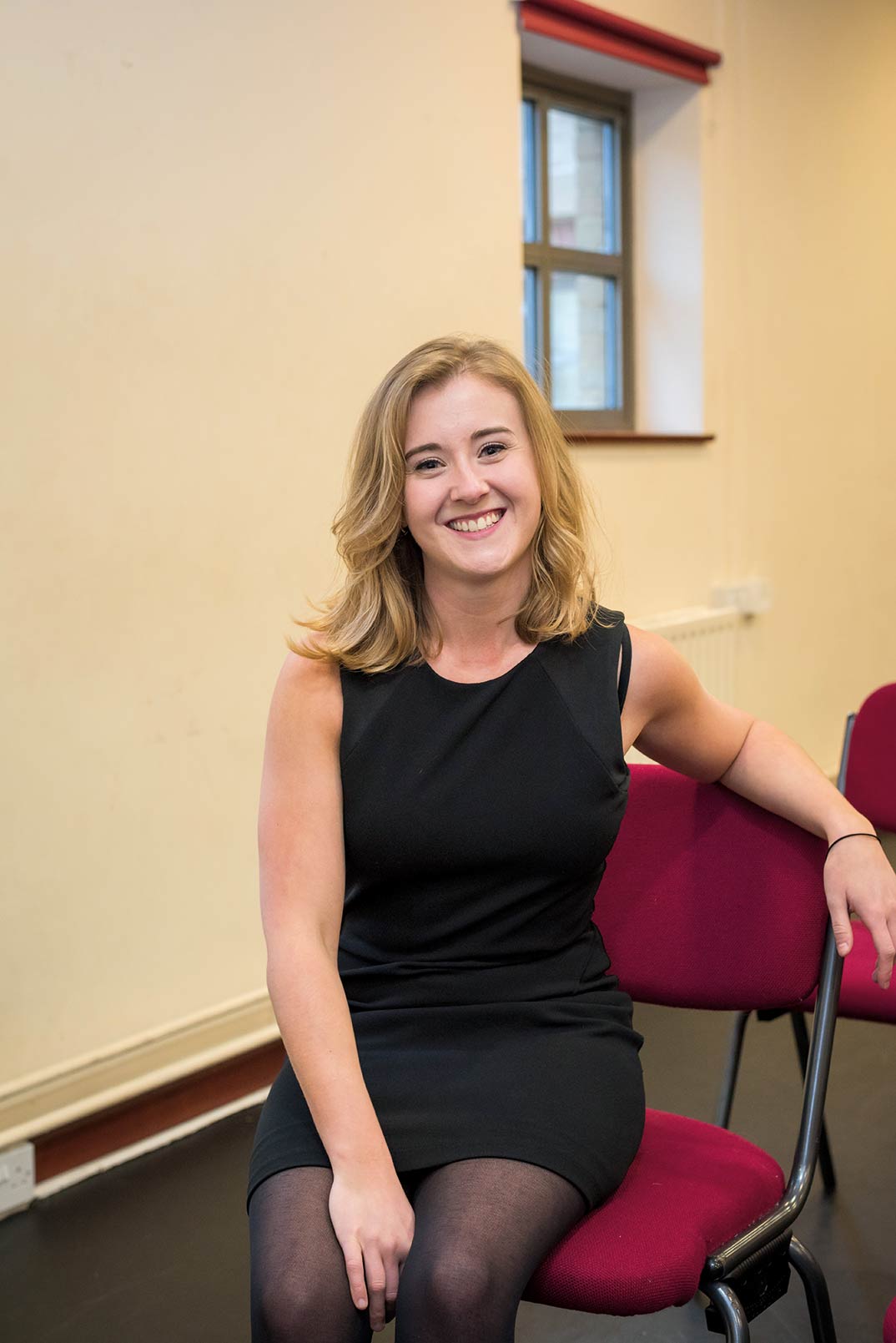Is the Labour Party in Tunbridge Wells about to achieve a political breakthrough? That’s the question being asked by those who organised a meeting in the town last week of young Labour activists.
It is the first time there has been any hope for a sustained youth movement in Tunbridge Wells for ‘decades’ and that hope has been boosted since the General Election with almost 100 new members, aged 14 to 26, joining the handful that has kept the Red Flag.
In order to galvanise this new tranche of youngsters, a special guest was invited to the Camden Centre, where the meeting was being held, to give a presentation.
And although this humble reporter was barred from the meeting itself, on the grounds that it was ‘private’ and I might put the young members off speaking their minds, I was allowed to interview the guest speaker beforehand.
Bex Bailey (24) may not be a household name, yet, but she has played a significant role in the Labour Party. Until recently she had spent the Last three years as representative of Young Labour on the party’s National Executive Committee.
Much of the internal politics of the labour party, with its byzantine organisations and, as of late, increasingly bitter machinations, passes by the average voter.
But to the political spectator the arrival of Ms Bailey was a bit of coup by the local party, who are aiming to increase their tally of two councillors at the upcoming local elections on May 3.
And so, with a very narrow window of opportunity before being invited to leave, the interview began with some enthusiasm on the part of this writer.
When asked whether Labour really stood a chance in the borough, the well versed lines of ‘Tories’ hitting vulnerable people hard, young people ‘fighting back’ and the fact there is no such thing as ‘no go areas’ for Labour were all deployed.
It was something I was expecting, but I knew from her own background in the party, as a campaigner for her current boss MP Liz Kendall in the leadership elections, that perhaps it was not the whole truth.
So, what were her thoughts on leader Jeremy Corbyn? I could see her thinking of a diplomatic answer: “He is part of the reason why young people are signing up.”
It was far from a ringing endorsement, especially when pushed further on whether Labour should, at this stage of the electoral cycle and with the Conservatives tearing themselves apart, really be miles ahead in the polls.
“I think these local elections will show us how well we are doing. We should be winning seats,” she said.
But if some predictions of the Labour Party actually losing up to 150 seats come to pass, is it time for Mr Corbyn to be ousted?
“It’s early days and we are developing policy, but you do need to win elections to put ideas into practice,” came the coy reply, which to this journalist at least said nothing was out of the question.
Leadership aside, the former LSE graduate in History and Politics was incredibly candid on several issues afflicting the party.
When asked if the party has a big problem with anti-Semitism at the moment, without hesitation she said: “I think there is a problem with anti-Semitism in the party at the moment and it is unacceptable.”
Her solution, aside from better vetting, is to set up an independent complaints ombudsman in the party with powers to deal with serious issues.
Likewise, on non-political matters which seem to preoccupy ‘the left’ in general at the moment, she is more nuanced in her outlook than some young activists.
We were about eight minutes into the conversation when we were interrupted as I was getting her opinion on the current craze for ‘safe spaces’ at universities. She supports the idea in principle but believes it can be open to abuse if used to stifle free speech. “There is a line,” she said.
By this time, the meeting was already five minutes late beginning, and as I walked out of the conference room I passed very few members waiting to come in.
However, the brief chat was informative and I left thinking that perhaps I had met a future Labour MP… or even a potential party leader?








